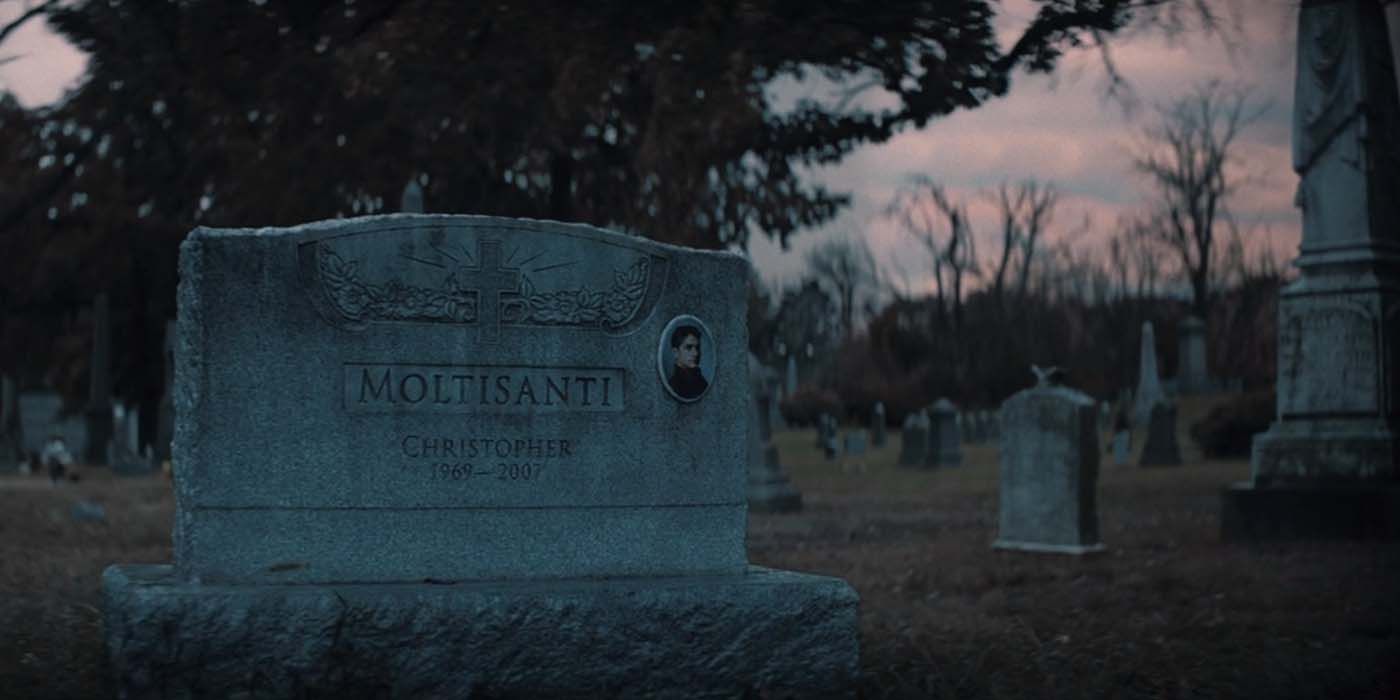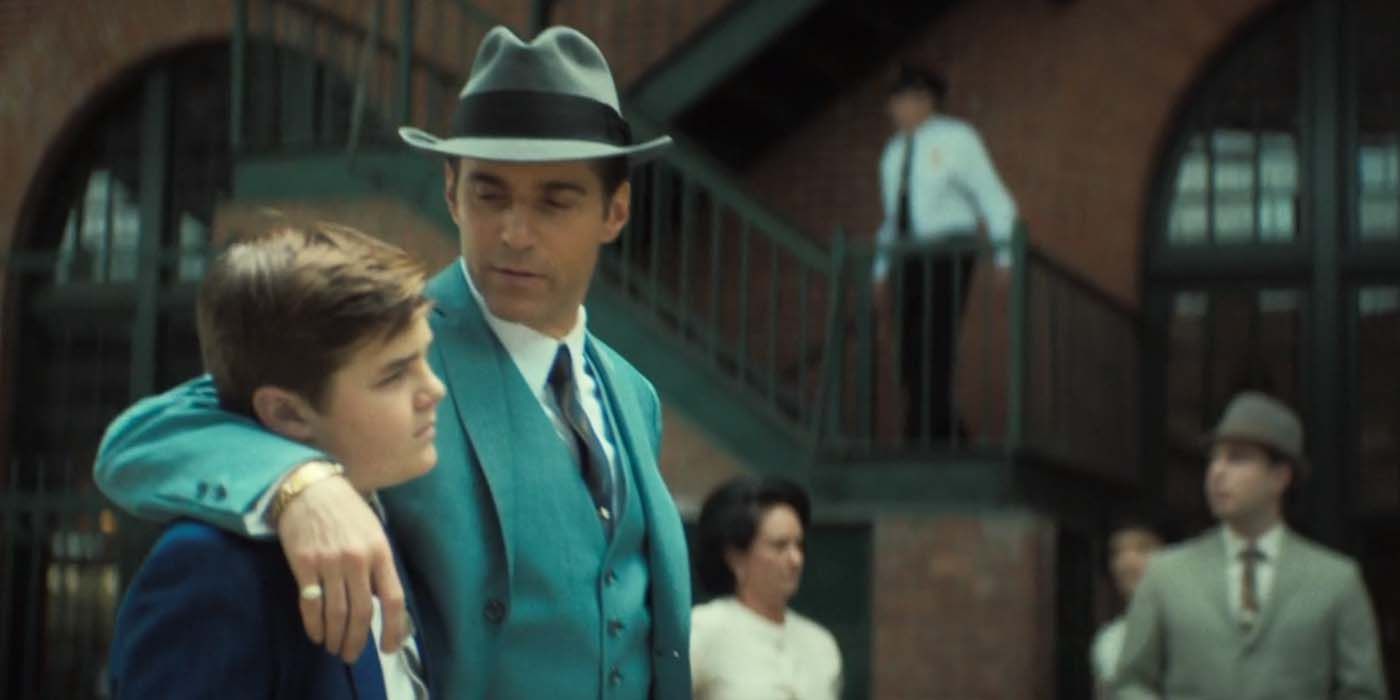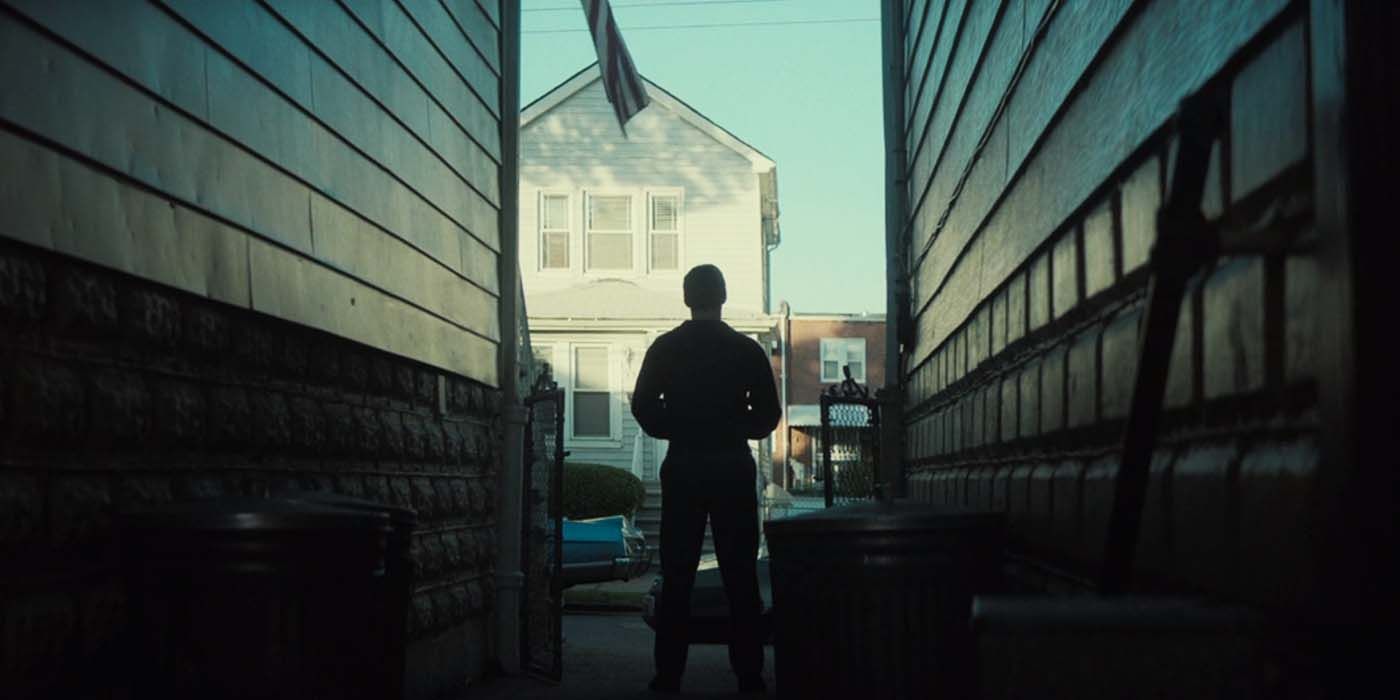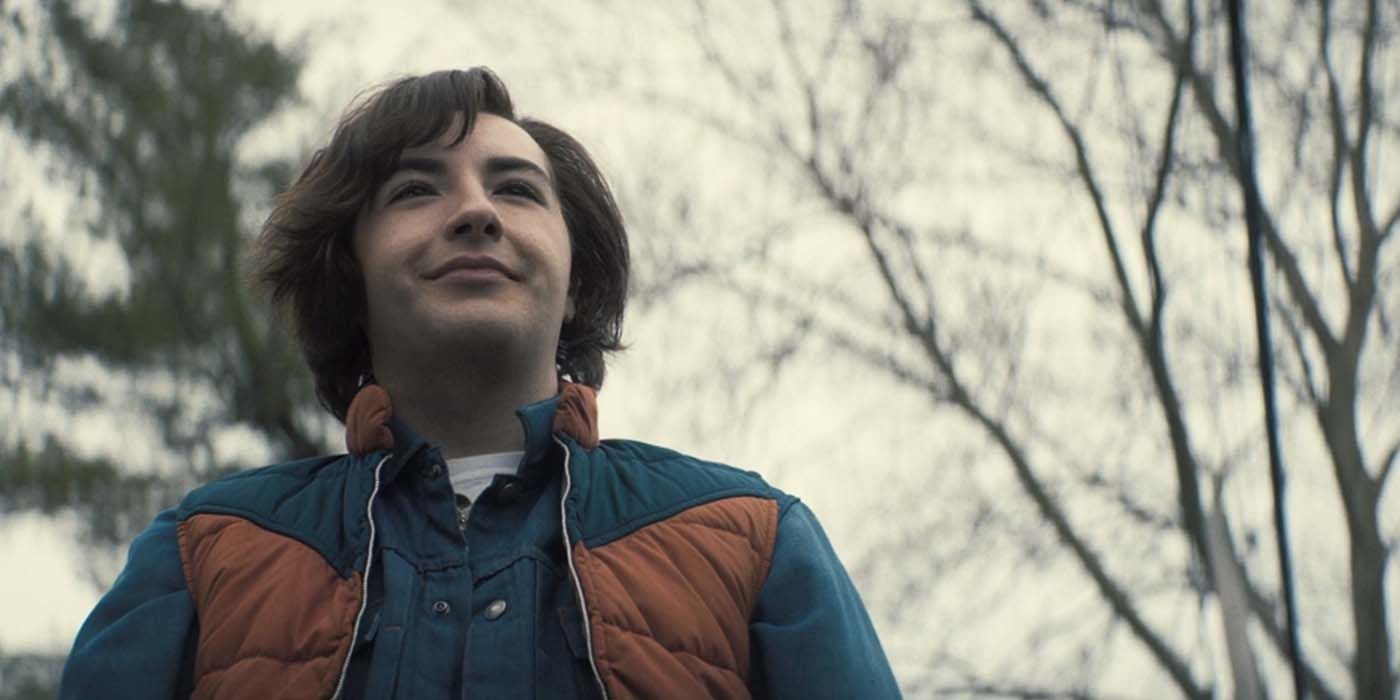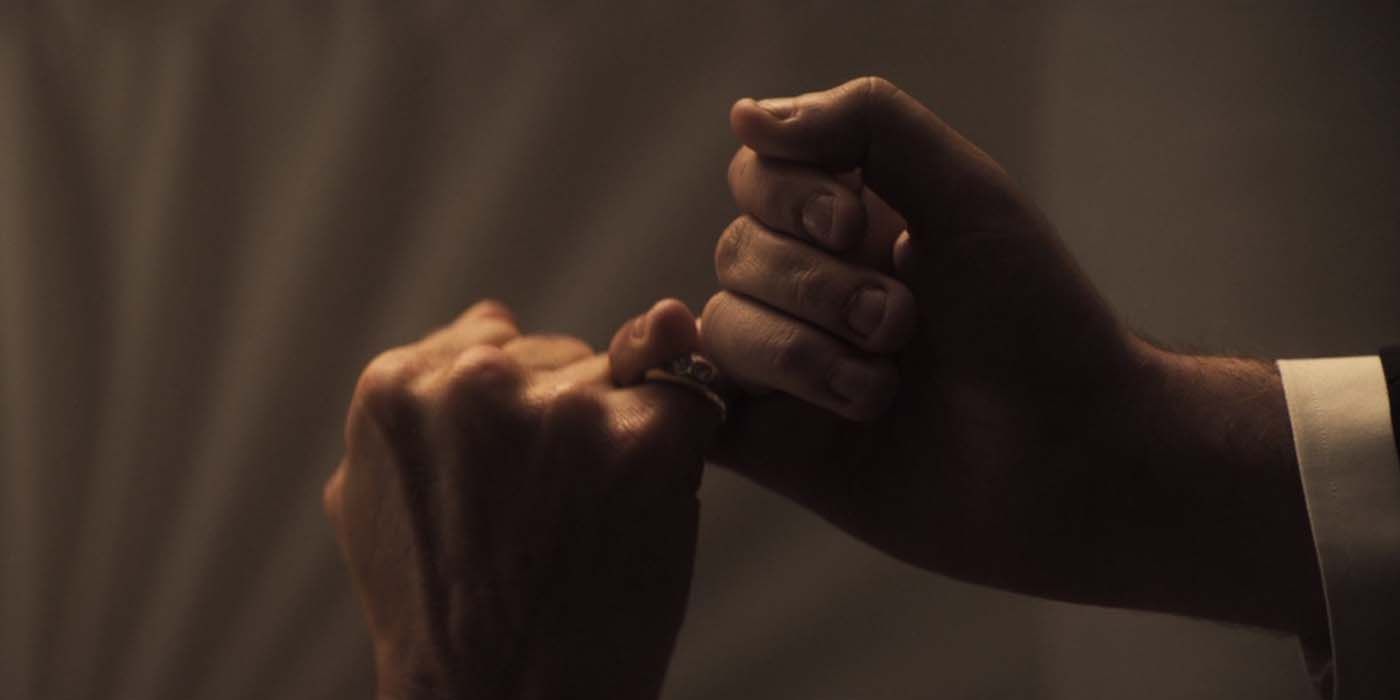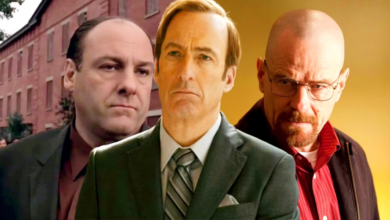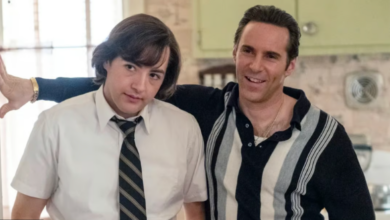Many Saints of Newark: Every Scene Christopher Narrates
Tony Soprano's nephew Christopher Moltisanti narrates The Many Saints Of Newark, despite being killed off in the show. Here's why he's the narrator.

Though used sparingly, the familiar voice of Christopher Moltisanti (Michael Imperioli) hovers over several key moments in The Many Saints of Newark — here’s every scene Christopher narrates. Shockingly murdered via suffocation by his uncle, the titular lead Tony Soprano (James Gandolfini), in the original Sopranos HBO TV series, Christopher’s death hangs over The Many Saints of Newark in a weird way — “weird” because this is a prequel that begins before Christopher’s even born. It’s an interesting storytelling framing device that smartly continues the original TV series’ subtly handled themes of mystic happenings (such as Tony’s near-death sojourn through purgatory in season 6) and existential questions of the meaning of life, what happens in the afterlife, and so on.
Not to mention that Christopher’s relationship to Tony as nephew and uncle, respectively, mirrors that of young Tony’s (played by Michael Gandolfini) relationship with Dickie Moltisanti (Alessandro Nivola), Tony’s uncle and Christopher’s father, in The Many Saints of Newark. The voice of Christopher we’re hearing is eerily omniscient — it’s the voice of a man who’s not only dead but cognizant of who killed him, which in Christopher’s case is Tony. As the story follows the relationship between Tony and Dickie, which eventually ends with Tony’s heart-wrenching disillusionment with his uncle, the audience is reminded of how Tony eventually let Christopher down — to put it mildly — in The Sopranos. Both The Sopranos and The Many Saints of Newark are rife with the “evil uncle” trope — à la Scar from The Lion King or King Claudius from Shakespeare’s Hamlet — and the dead Christopher’s spectral narration hangs like a storm cloud over the troubled uncle-nephew dynamics, involving both uncle Dickie and uncle Junior Soprano (Corey Stoll), in the prequel movie.
However, exposing this uncle-nephew dynamic isn’t the sole function of Christopher’s narration, which is, like most of the paranormal aspects of both the TV show and prequel, mostly up for interpretation. To better understand why Christopher intermittently narrates The Many Saints of Newark, here’s every scene in which we hear Christopher’s voice.
The Many Saints of Newark’s Opening Sequence
The Many Saints of Newark opens to a cemetery, with the camera hovering over various gravestones. As we pass each one, we hear the voice of each buried person, until we cross Christopher Moltisanti’s tombstone, upon which Christopher’s voice explains, “I told them when I got here, ‘Okay, I explored the criminal lifestyle.’ But I was an altar boy for Christ’s sake.” Whatever “here” is to Christopher, it’s presumably some form of the afterlife where he has to account for his life’s actions. He also explains that “Moltisanti,” which literally translates to “many saints,” is a “religious name,” hinting at some sacred meaning to the film’s title and the leading protagonist, Dickie Moltisanti.
The Main Character and Setting Introductions
A continuation of the opening sequence that starts in the present-day cemetery, Christopher resumes his narration in 1967 to introduce the central Many Saints of Newark characters, as a young Tony walks with his Dickie to pick up Dickie’s father who’s arriving to America via boat. With a slightly uneasy, foreboding tone, Christopher introduces his young uncle by saying, “The little fat kid is my uncle, Tony Soprano… He choked me to death.” Christopher also takes this time to introduce the DiMeo crime family and its key mobster players.
Time Jump Into The 1970s
To service a time-jump transition from the ’60s to the ’70s, Christopher explains over a shot of his father secretly drinking alone, “The ’60s ended.” Humorously, Christopher also adds, “Neil Young gave that speech from the moon,” essentially confusing the musician Neil Young (who had a song and album entitled “Harvest Moon” from the early ’90s) with Neil Armstrong, the American astronaut credited as the first man to walk on the moon. Despite being the film’s omniscient narrator, Christopher still seems to endearingly possess a low-IQ understanding of the world, as was characteristic of him while he was alive throughout The Sopranos. It’s during this time in the story that Christopher is born and the Michael Gandolfini version of Tony is revealed.
Tony Moves To The Suburbs
After one of The Many Saints of Newark‘s particularly violent scenes, involving Dickie breaking a man’s teeth with an electric drill, Christopher narrates over an otherwise peaceful scene of Tony playing fetch with his dog on his new front lawn in the suburbs. Christopher looks down on this aspect of Tony’s upbringing, as he opines that, “This move made Tony half a p***y in my estimation.” This denouncement of Tony’s manhood is reminiscent of Christopher’s dismay at learning that Tony, his former ideal of masculinity, was seeing a therapist in the original TV series.
The Many Saints Of Newark’s “Pinky Promise” Ending
Overlooking the open casket of the recently deceased (i.e., assassinated) Dickie, Tony sadly looks upon his favorite uncle who, surreally and supernaturally, lifts his hand to make a pinky promise with his nephew, symbolizing Tony’s lasting dedication towards his mobster uncle. Before cutting to end credits of The Many Saints of Newarks, the camera dwells on Tony’s face as Christopher makes one last remark: “That’s the guy, my uncle Tony. The guy I went to hell for.” This answers the question posed by the intro scene where Christopher refers to a “here,” the location of the narrator’s afterlife, by revealing that “here” for Christopher is hell.

